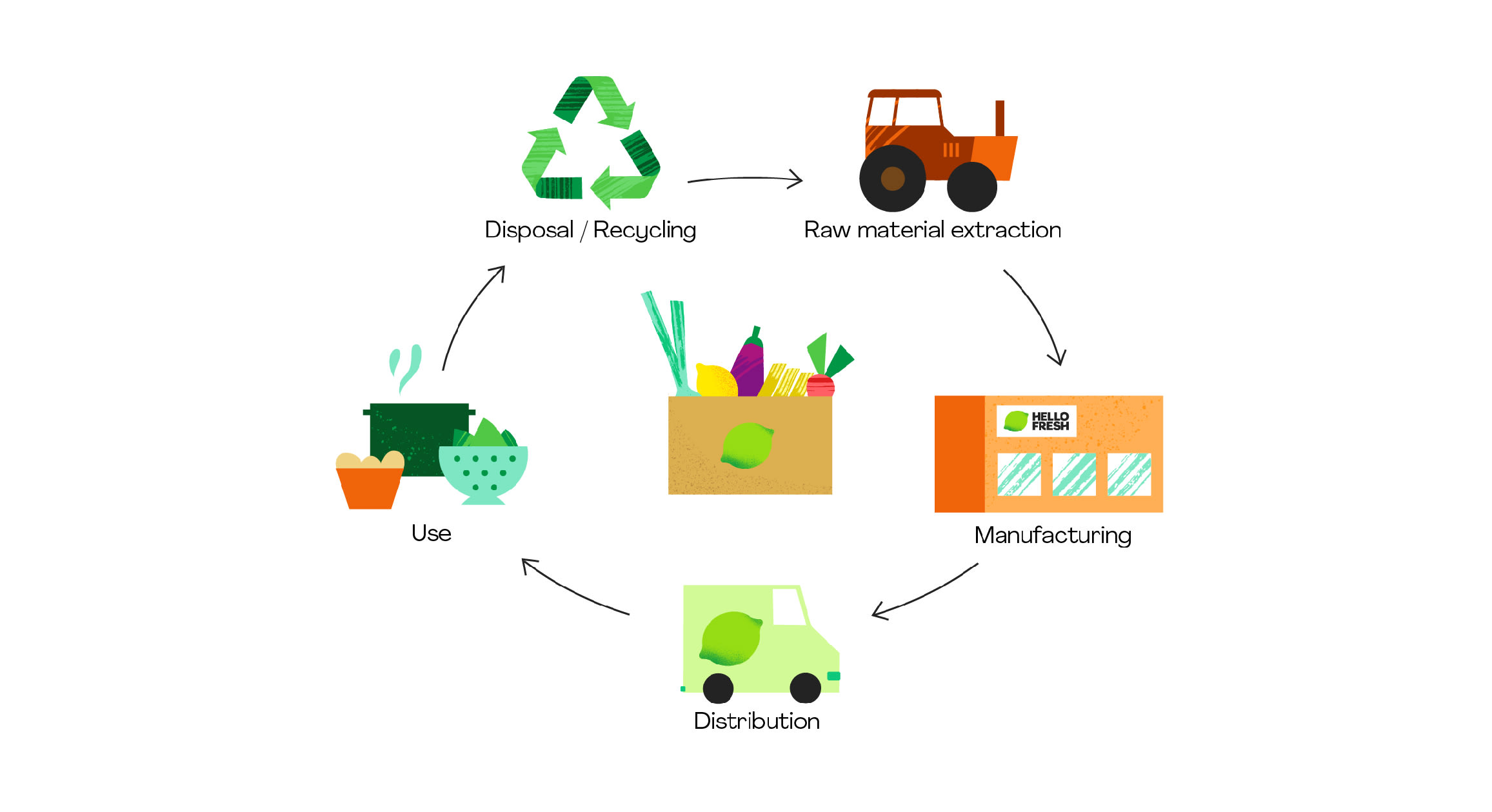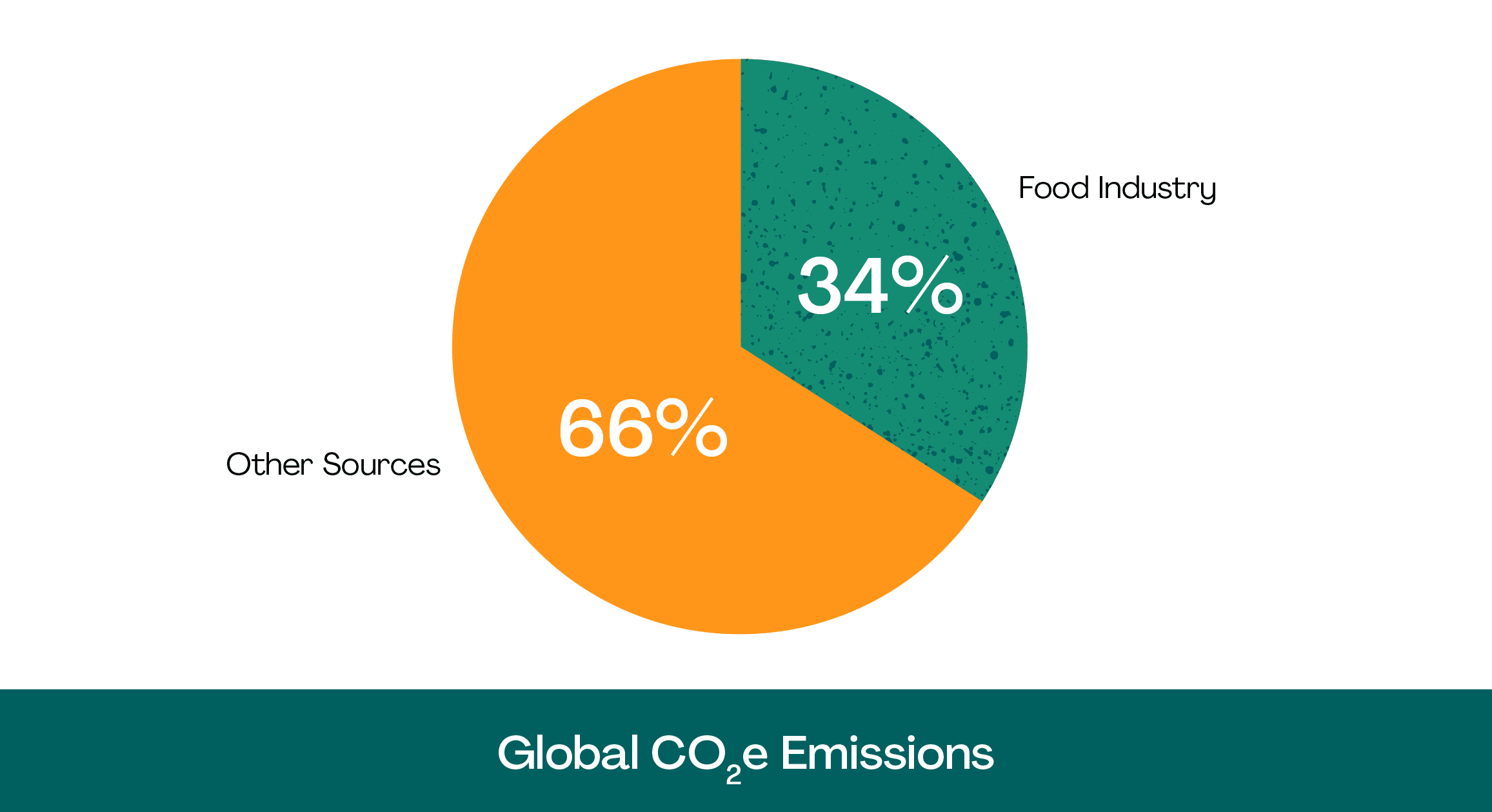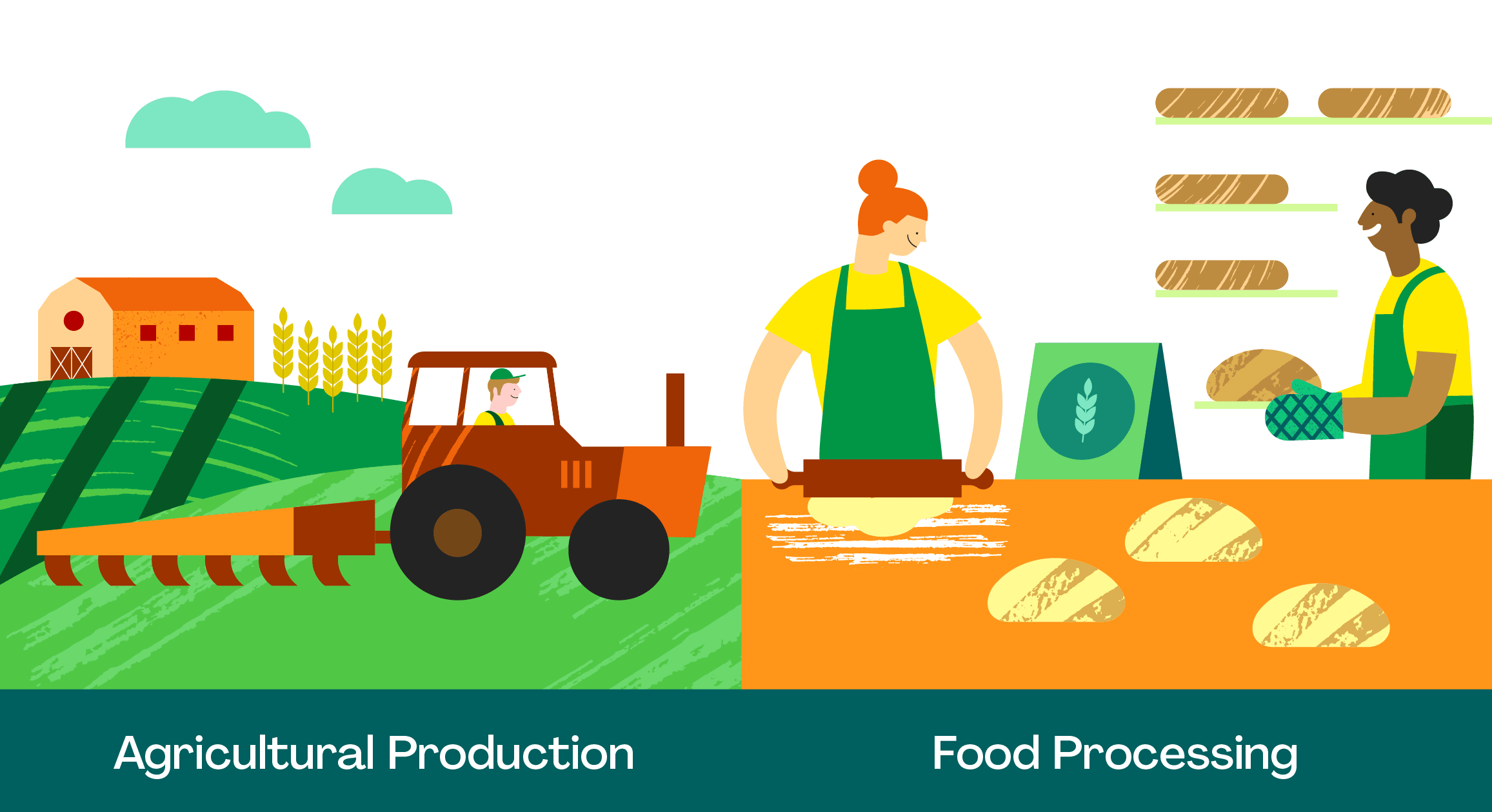Introducing Climate Superstar recipes
Introducing Climate Superstar recipes
Making mealtimes even more sustainable
Making mealtimes even more sustainable
We know our customers are looking for ways to make everyday sustainable food choices with HelloFresh, which is why we've introduced Climate Superstar recipes. Just look out for the Climate Superstar tag on the HelloFresh menu to find out which meals have the lowest carbon impact each week and add them to your box.

The easiest way to make sustainable food choices
Looking to make environmentally-informed decisions about what you eat? A recent study found that HelloFresh meals create 15% fewer CO2 emissions than the same meals made from supermarket ingredients. This is due to our lean supply chain and reduced food waste. Our Climate Superstar recipes have even lower emissions than regular HelloFresh meals, with emissions 50% lower than our 2022 recipe emissions average.
Why making climate-friendly choices is important
Food choices have a large impact on our carbon footprint, with food production and processing accounting for 34% of global emissions. With the effects of climate change, including more extreme weather and increasing food prices, being felt around the world, making sustainable choices about what you put on your plate is more important than ever. There are lots of ways to reduce your carbon footprint through your food choices, like having a meat-free day each week, eating seasonal produce or choosing our Climate Superstar recipes for your box!
How we select our Climate Superstar recipes
When comparing the environmental impact of recipes, the most common metric is “CO2 equivalent” (CO2e), which includes the greenhouse gases that are emitted into the atmosphere during the production and processing of ingredients. CO2e is a more accurate representation of the climate impact of a recipe because it includes all relevant greenhouse gas emissions, like methane and nitrous oxide, not just CO2.A carbon budget threshold is another common metric and refers to how many emissions can be used before going over the threshold for climate warming. Our Climate Superstar recipes are developed to be 75% below the carbon budget threshold of an average Australian dinner*.

HelloFresh has partnered with HowGood to calculate the CO2e impact of ingredients based on the individual amounts of ingredients for each recipe. HowGood has the world's largest database for product and ingredient sustainability, and draws data from hundreds of third-party scientific and peer-reviewed studies to conduct an ingredient-level CO2e impact assessment. We calculate the emissions per serving using HowGood Data sets, including Agricultural Production and Food Processing emission data, based on the precise weight of each ingredient.
Our Climate Superstar recipes are below the carbon budget threshold and have the lowest emissions each week.
Our Climate Superstar recipes are below the carbon budget threshold and have the lowest emissions each week.
More information
For more information about HowGood’s CO2e impact modelling methodology, click here.
Explore our Climate Superstar recipes

Miso Corn Fritters & Snow Pea Salad
with Sesame Sweet Potato Fries
North Indian-Spiced Chicken
with Wholemeal Carrot Couscous & Almonds
CUSTOMISE